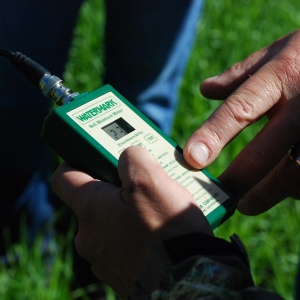
FCRN member Susanne Freidberg of Dartmouth College has written this paper about the difficulties that companies such as food manufacturers face in gathering data about their food supply chains and using that data to promote sustainability. The paper is based on over fifty semi-structured interviews with companies and analysis of their data collection tools.
Issues identified include cultural differences between farms and corporate brands (particularly with family farms), farmers being concerned about different measures of sustainability than brands are, farms machines that are not designed to share data with each other, and farmers’ desire to keep their data private (e.g. to defend themselves against competition for rented land).
Abstract
Metrics have long served as tools for governing at a distance. In the food industry, major manufacturers have embraced metrics as tools to govern the sustainability of the farms producing their commodity raw materials. This metrical turn has been influenced but also complicated by agricultural datafication, that is, the increasing quantities of data generated on and about farms. Despite the sheer abundance of data that companies might use to measure and drive improvement in on-farm sustainability, they have struggled to collect data suitable for such purposes. Attention to the different kinds of distance and diversity across which metrics are supposed to govern suggests reasons why they may fail to do so, even when wielded by otherwise powerful corporations.
Reference
Freidberg, S., 2019. “Unable to Determine”: Limits to Metrical Governance in Agricultural Supply chains. Science, Technology, & Human Values, pp.1-23.
Read the full paper here. See also the Foodsource resource How far could changes in production practices reduce GHG emissions? and the FCRN metrics project Plating up Progress?












Post a new comment »